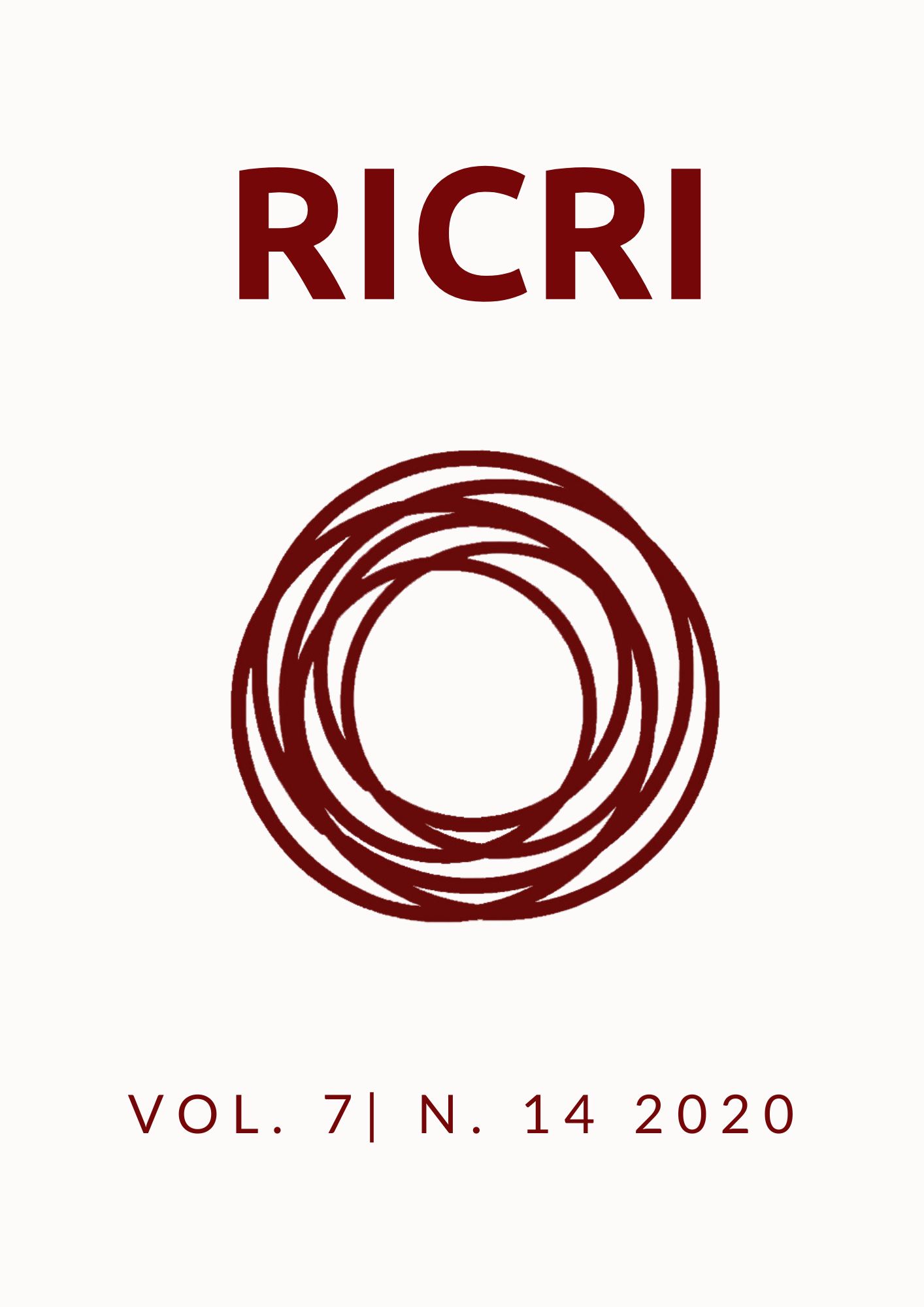The Polish Euroscepticism and its Representation in the Law and Justice Party
DOI:
https://doi.org/10.22478/ufpb.2318-9452.2020v7n14.53075Abstract
Euroscepticism is one of the main issues surrounding European politics recently, manifested in peripherical countries of the European Union, like Poland and Hungary, as well as in core countries like Germany and the United Kingdom (the last not part of the European Union anymore). Understanding Poland’s euroscepticism, since this is one of the most conflicted countries with the current European project, may help in a wider diagnosis of the phenomenon. Therefore, the article intends to comprehend the origins and the claims of the Law and Justice Party (Prawo i Sprawiedliwość, PiS) – Nowadays the most important representative of euroscepticism in Poland – analyzing the relations of this party with the European Union, and in what way the strengthening of this thought represents a threat to the future of the block. The methodology used will be a case study, using official documents, books, scientific articles and online newspapers to support the hypothesis that the polish euroscepticism, even with its peculiarities, allow us to weave interpretations about the future of the European Union.
Downloads
Published
How to Cite
Issue
Section
License
Authors who publish with this journal agree to the following terms:
a. Authors retain copyright and grant the journal right of first publication with the work simultaneously licensed under a Creative Commons Attribution License that allows for sharing of work with acknowledgment of its initial publication in this journal.
b. Authors are able to take on additional contracts separately for non-exclusive distribution of the version of the work published in this journal (e.g., post it to an institutional repository or as a book), with an acknowledgment of its initial publication in this journal.
c. Authors are permitted and encouraged to post their work online ( eg, in institutional repositories or on their website) at any point before or during the submission process, as it can lead to productive exchanges , as well as increase the impact and citation of published work ( See the Effect of Open Access).




